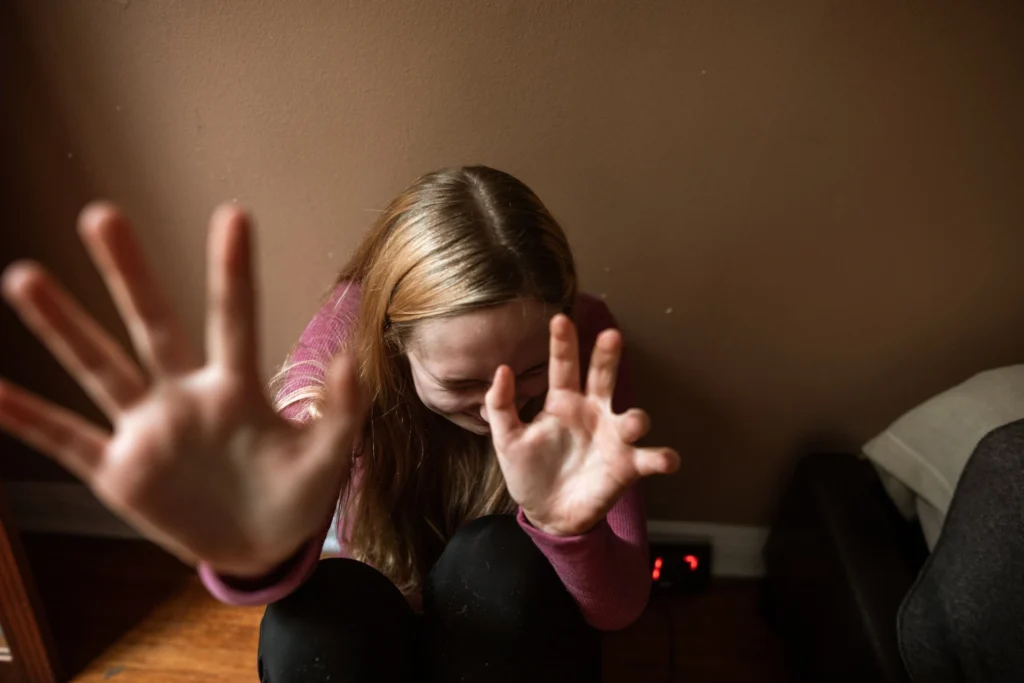Domestic violence is not love, it’s an abuse of power
Domestic violence is a serious problem in South Africa. According to the South African Police Service, there were over 100,000 reported cases of domestic violence in 2021. This number is likely much higher, as many cases go unreported.
Domestic violence can take many forms, including physical, sexual, emotional, and financial abuse. It can happen to anyone, regardless of age, gender, race, or social status.
The effects of domestic violence can be devastating. Victims of domestic violence may experience physical injuries, emotional trauma, and financial hardship. They may also have difficulty trusting others and may feel isolated and alone.
There are many reasons why people stay in abusive relationships. They may feel trapped, ashamed, or afraid. They may also believe that they deserve to be abused.
It is important to remember that no one deserves to be abused. If you are in an abusive relationship, there is help available. You can call the South African National Domestic Violence Hotline at 0800 150 150 or visit their website at www.150150.co.za.
There are also many other resources available to help victims of domestic violence, including shelters, counseling services, and legal assistance.
If you know someone who is in an abusive relationship, you can offer your support. You can also encourage them to seek help.
Domestic violence is a serious problem, but it is one that can be addressed. By speaking up and breaking the silence, we can help to end domestic violence in South Africa.
Here are some of the signs of domestic violence:
- Physical abuse: This can include hitting, kicking, shoving, slapping, or any other type of physical harm.
- Sexual abuse: This can include forced sexual intercourse, unwanted touching, or any other type of sexual assault.
- Emotional abuse: This can include name-calling, insults, threats, intimidation, or any other type of verbal abuse.
- Financial abuse: This can include controlling the victim’s finances, preventing them from working, or taking away their access to money.
If you are experiencing domestic violence, there are things you can do:
- Talk to someone you trust, such as a friend, family member, or counselor.
- Call the South African National Domestic Violence Hotline at 0800 150 150.
- Visit the website of the South African National Domestic Violence Hotline at www.150150.co.za.
- Seek legal assistance.
- Stay in a safe place.
You are not alone. There is help available.
Here are some of the resources available to help victims of domestic violence:
- Shelters: There are many shelters in South Africa that provide a safe place for victims of domestic violence to stay.
- Counseling services: There are many counseling services available to help victims of domestic violence cope with the emotional and psychological effects of abuse.
- Legal assistance: There are many lawyers who specialize in domestic violence law and can help victims obtain restraining orders or file for divorce.
If you know someone who is in an abusive relationship, you can offer your support:
- Listen to them: Let them know that you believe them and that you are there for them.
- Encourage them to seek help: Offer to help them find a shelter, counselor, or lawyer.
- Be patient: It may take time for them to leave the abusive relationship.
Domestic violence is a serious problem, but it is one that can be addressed. By speaking up and breaking the silence, I can help to end domestic violence in South Africa.




